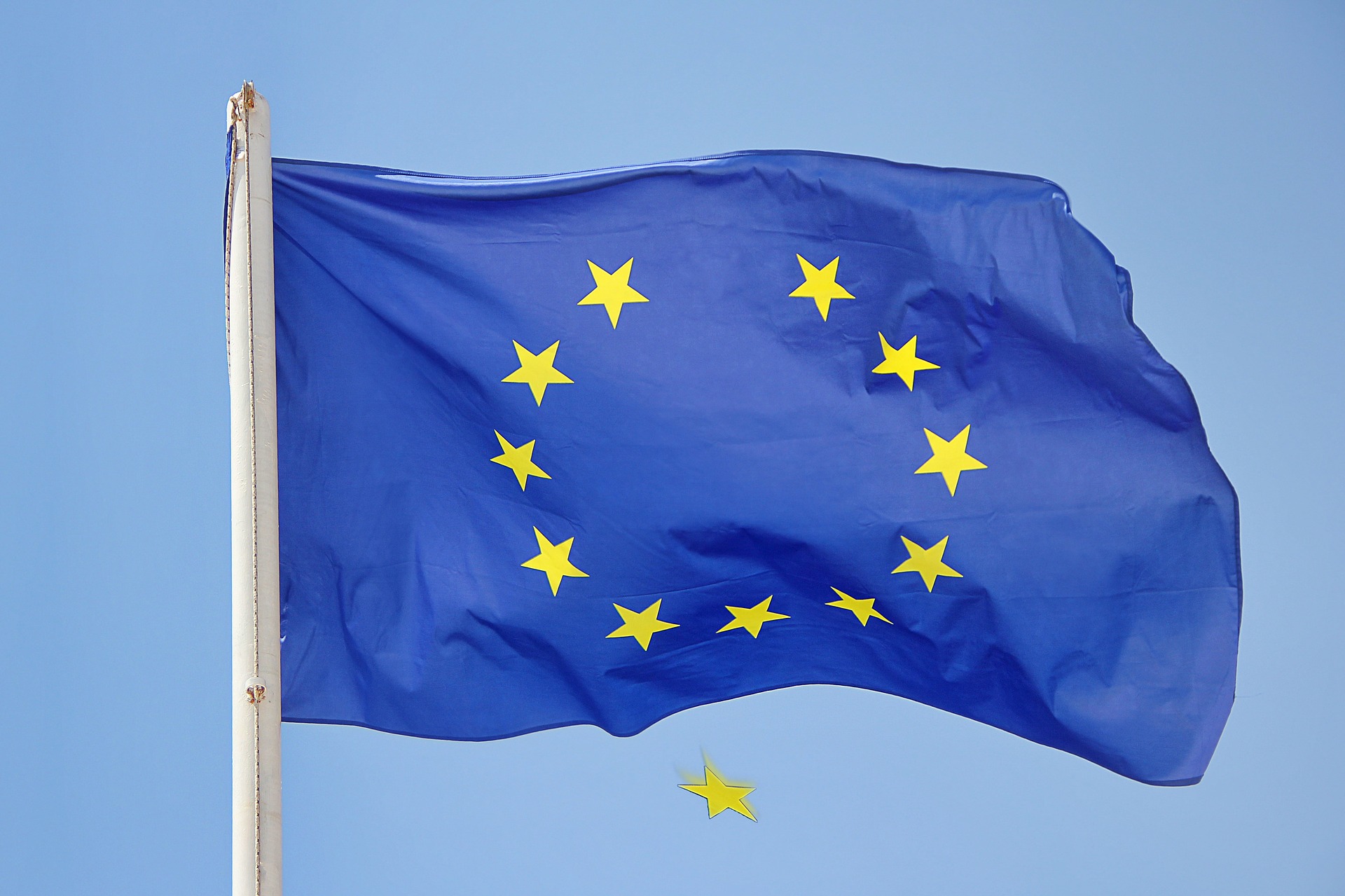<p><!-- BEGIN THEIA POST SLIDER --></p>
<p><span class="dropcap dropcap3">The</span> European Union (EU) is an economic and political union involving 28 member countries. It unified trade and currency that allows free trade, which means good, can move between member countries without any duties or extra charges.</p>
<p>On 23 June 2016, The EU will lose one of its members for the first time, when The United Kingdom (UK) is voted to leave EU in an event dubbed BREXIT that is an abbreviation of ‘ British Exit ‘.</p>
<p>As a matter of fact, The United Kingdom joined the EU in 1973 and it will be the first member state to withdraw, at 11 p.m on 31 January 2020. The so-called Brexit referendum, held in June 2016, has had a seismic effect on politics in the United Kingdom and across a wider Europe.</p>
<p><strong>So what are the reasons leading to the withdrawal of the UK from the EU? And what are the potential consequences of Brexit in terms of the European integration process?</strong></p>
<blockquote class="td_quote_box td_box_left"><p>&#8220;Specially, the term ‘Euroscepticism’ can be traced back to the 1980s when opposition arose particularly within the Conservative Party to the Delors plan for further integration.&#8221;</p></blockquote>
<p>To start with, the main cause of The Brexit which is skepticism about the European federal project is not a new phenomenon in British politics and has caused deep divisions in both of the major political parties, Conservative and Labour since the UK joined The EEC (European Economic Community).</p>
<figure id="attachment_351" aria-describedby="caption-attachment-351" style="width: 1920px" class="wp-caption aligncenter"><a href="https://ustopbusiness.com/wp-content/uploads/2019/09/brexit-2704055_1920_Image-by-Pete-Linforth-de-Pixabay.jpg"><img class="wp-image-351 size-full" src="https://ustopbusiness.com/wp-content/uploads/2019/09/brexit-2704055_1920_Image-by-Pete-Linforth-de-Pixabay.jpg" alt="" width="1920" height="1278" /></a><figcaption id="caption-attachment-351" class="wp-caption-text">BREXIT. Image by Pete Linforth de Pixabay.</figcaption></figure>
<p>Especially, the term ‘Euroscepticism’ can be traced back to the 1980s when opposition arose particularly within the Conservative Party to the Delors plan for further integration.</p>
<p>However, the reasons for the actual result of June 2016 are more complex than simple Euroscepticism although this did form a residual part of it. Migration has been a major issue in British politics since the eastern enlargement round of the EU opened the UK to EU passport holders.</p>
<blockquote><p>68% of voters with a degree voted to remain whilst 70% of voters who left school at 16 voted to leave.</p></blockquote>
<p>The second cause of the Brexit result was the so-called ‘left-behind’ group of British voters. The socio-economic profile of Brexit voters is markedly skewed towards the older, less educated, less qualified, lower-income and social groups.</p>
<p>So, 68% of voters with a degree voted to remain whilst 70% of voters who left school at 16 voted to leave. These groups felt aggrieved at the declining standard of public services in the UK, which has suffered year on year funding cuts since the financial crisis of 2008.</p>
<p>In regards to the consequences of Brexit, we can identify the impact of Brexit on the ‘Common Security and Defense Policy’ (CSDP) and the ‘European External Action Service’. In this respect, the UK ranks only fifth amongst member states in terms of manpower contributions to CSDP military operations and seventh for CSDP civilian missions. Moreover, the UK has previously opposed further integration of European defense arrangements so its departure from the EU may actually facilitate closer cooperation.</p>
<p>Hence, it is concluded that besides setting a precedent for being the first member to officially leave the EU, the reason that the Brexit is such a big deal is having a huge impact on the EU and the UK for years to come.</p>
<p><!-- END THEIA POST SLIDER --></p>

